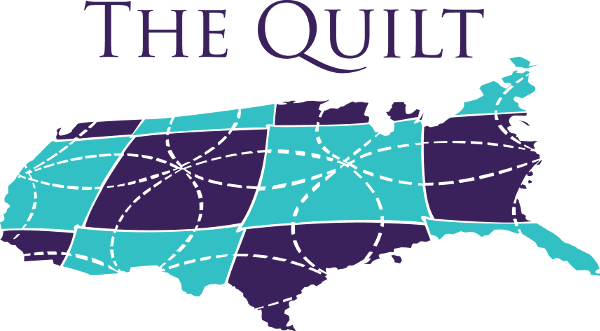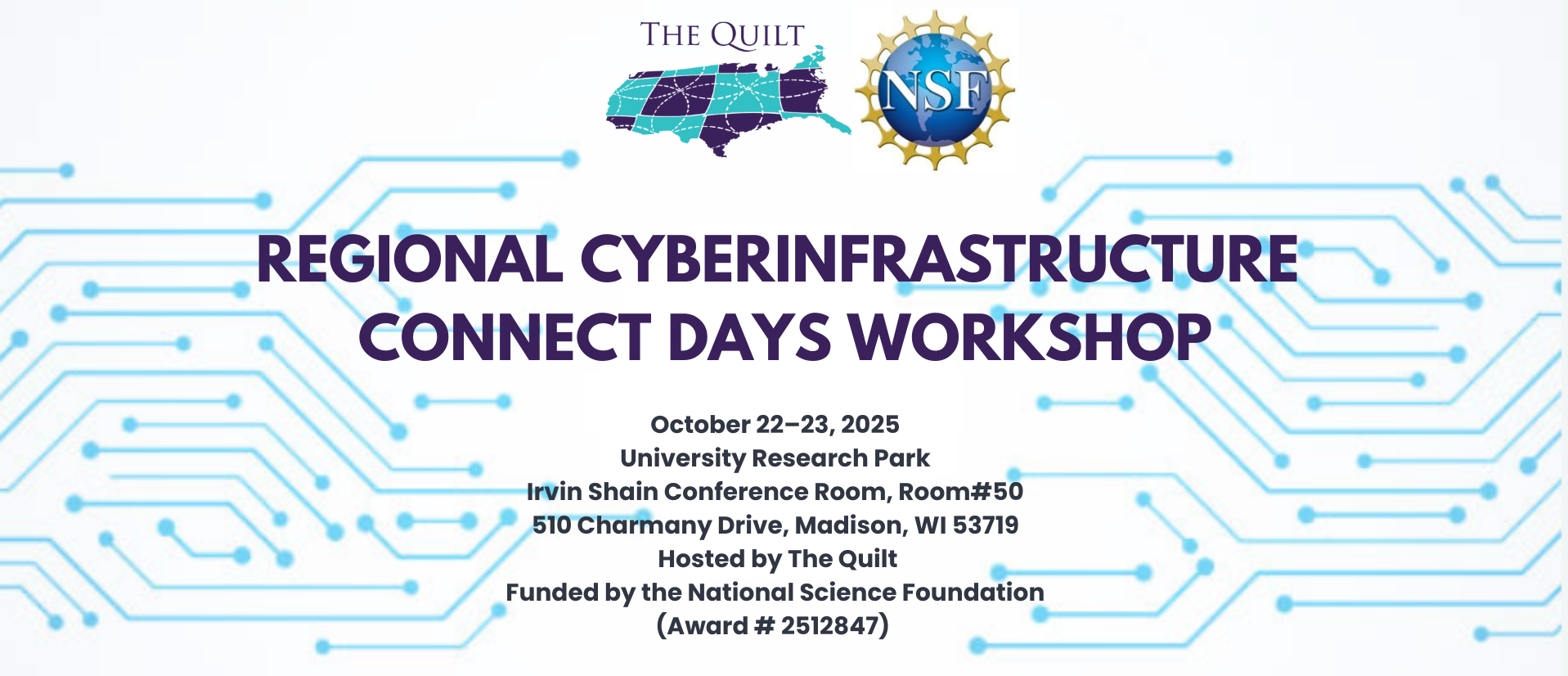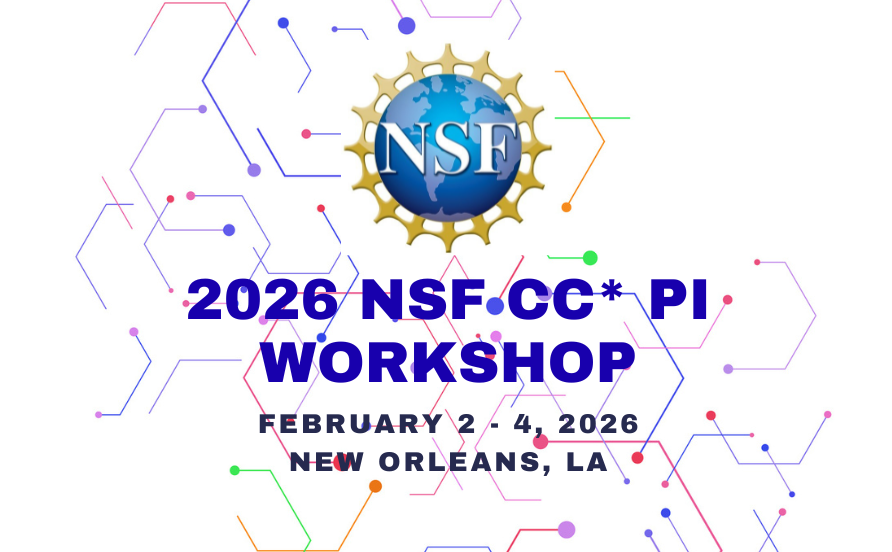CURRENT QUILT GRANTS
EAGER: Regional Cyberinfrastructure Connect Days Pilot; Regional R&E Network-Hosted Cyberinfrastructure Workshops for Small Institutions
Award Number: # 2512847
Start date: April 1, 2025
Total Intended Award Amount: $293,353.00
Abstract: The NSF Missing Millions Report highlights a persistent gap in ready access to critical research infrastructure between smaller, under-resourced institutions and larger universities. Effective engagement of these institutions in the national cyberinfrastructure (CI) ecosystem requires exposure to opportunities, discussions, and resources that are delivered regionally, in closer proximity to campuses. The Quilt, the national coalition of regional non-profit research and education networks, is ideally positioned to play a key role in bridging this gap through their regional focus and partnerships with CI stakeholders.
The Quilt is conducting the Regional CI Connect Days Pilot. This initiative is hosting three regionally focused workshops designed to enhance the capabilities of participating institutions to use advanced cyberinfrastructure technologies and techniques that support STEM education and research. The project is producing a curated repository of workshop materials and a tested, scalable framework that will support the delivery of future regional workshops. The project includes a robust iterative evaluation plan that will improve the delivery of the materials and framework for subsequent workshops. Expected outcomes of the workshops include enhanced institutional capabilities to achieve STEM goals, strengthening of regional and national CI collaborations, and increased participation in the use of local, regional, and national cyberinfrastructure resources. The long-term impacts of this project are to grow critical STEM research infrastructure at smaller, under-resourced institutions and larger universities nationwide, and to build partnerships that promote the effective use of these infrastructures for STEM research and education.
This award reflects NSF’s statutory mission and has been deemed worthy of support through evaluation using the Foundation’s intellectual merit and broader impacts review criteria.
Conference: 2026 NSF Campus Cyberinfrastructure PI Workshop
Award Number: # 2536888
Start date: August 1, 2025
Total Intended Award Amount: $120,481.00
Abstract: The 2026 NSF Campus Cyberinfrastructure PI Workshop is a PI workshop for active NSF Campus Cyberinfrastructure (CC*) awardees and relevant NSF staff. The workshop builds upon the successes of the previous workshops in providing an opportunity for recipients of all active NSF Campus Cyberinfrastructure awards to meet to exchange project findings, interact with national cyberinfrastructure experts and collaborate across project areas and project regions. It provides opportunities for additional collaborations by again coordinating with the 2026 Quilt Spring Member Meeting. The Quilt has served as the co-PI and PI in the series of CC* PI Workshops over the last nine years.
The workshop provides a critical opportunity for both campus cyberinfrastructure and national cyberinfrastructure experts to exchange ideas, develop best practices, and share both new innovations and some lessons learned. The workshop has the potential to advance knowledge among the participants in the best practices for operating cyberinfrastructure to support university research through planned as well as less formal interactions between participants both within and across CC* award areas. The workshop presentations and the workshop final report are being disseminated to CC* award participants and the campus and research community in general, enhancing the broader engagement impact of the workshop.
This award reflects NSF’s statutory mission and has been deemed worthy of support through evaluation using the Foundation’s intellectual merit and broader impacts review criteria.


